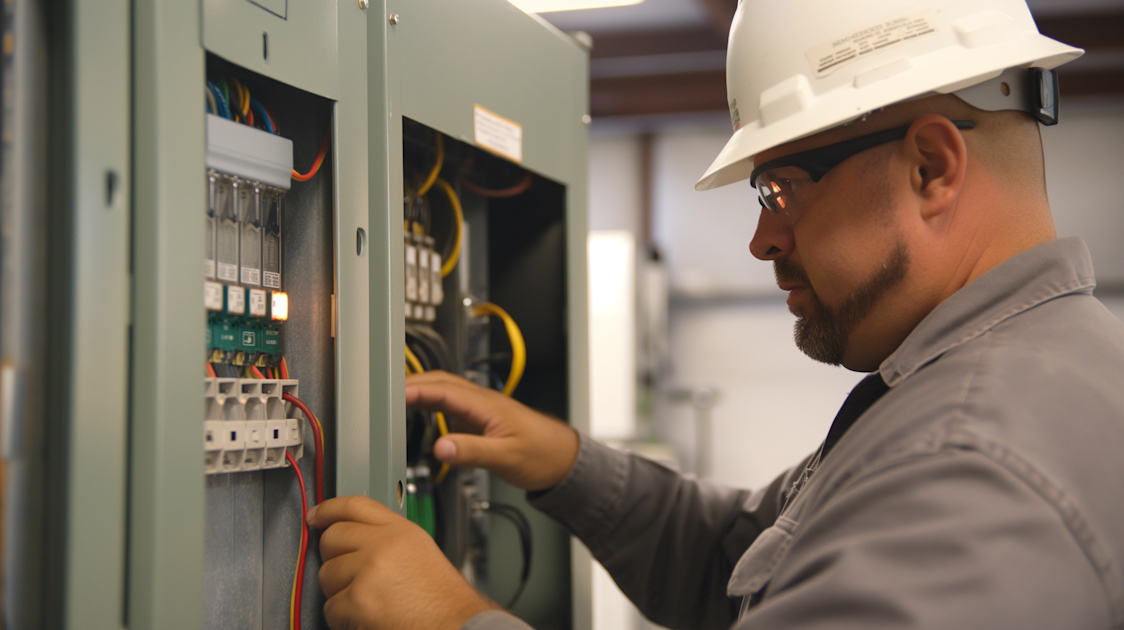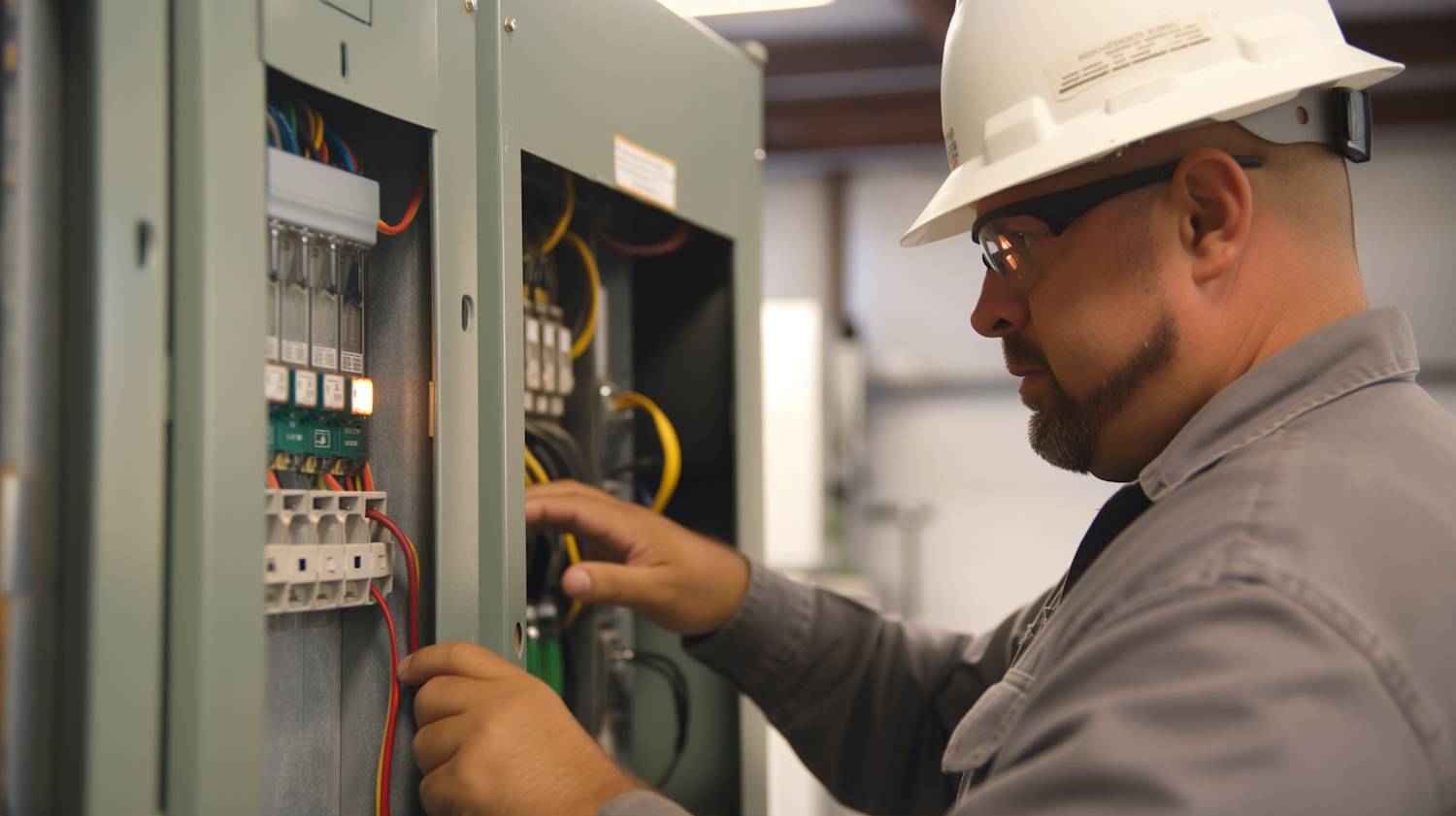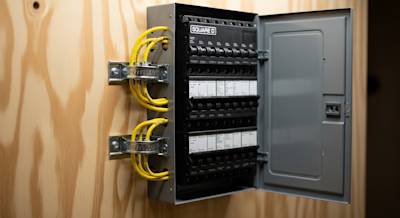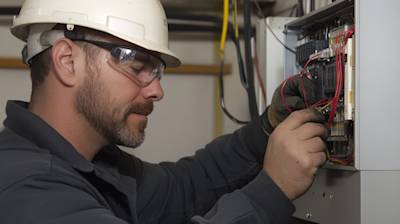In our everyday life, electricity plays a pivotal role. However, with this significant dependency comes the need for understanding certain aspects associated with electrical devices and systems, such as fuses. Among other questions, one query often comes up - "how to tell if a fuse is blown". Learning this can not only save you time but can also prevent unexpected electrical outages and potential hazards.
Understanding the Role of Fuses
Before delving into how to identify a blown fuse, it is essential to understand what purpose a fuse serves. A fuse is a safeguarding device in our electrical systems that protects our home appliances and wiring from excessive current flow. When an overload or short circuit occurs, the fuse will intervene by blowing or breaking the circuit, preventing further damage and possible electrical fires.
Common Signs of a Blown Fuse
Identifying a blown fuse can be straightforward. There are commonly observed signs that can assist in determining whether your fuse is blown or not.
Power Loss in One Part of the Home
If you suddenly experience a power outage in one section of your house while other areas remain powered, it's a strong indication that a fuse might be blown.
Flickering Lights or Appliances
When lights or appliances flicker, dim or function intermittently, it might be due to a blown fuse disrupting their electricity supply.
Trouble with Different Electrical Points
If multiple electrical outlets, lights, or appliances in a particular area are non-functional, this could be due to a blown fuse in that specific circuit.
Physical Examination of Fuses
While the above signs can provide indications, examining the fuse physically can give you a concrete answer to 'how to tell if a fuse is blown'. Here's how you can perform a check:
Locate Your Electrical Box
The first step is finding your electrical box, usually located in the basement, utility areas, or the garage.
Identify the Blown Fuse
Once you open the electrical box, you will see several fuses. Different kinds of fuses show a blown fuse differently:
- Plug Fuses: Look for a discolored, cloudy or clear window. You may also find this window to be black or brown if the fuse is blown.
- Cartridge Fuses: For these, you would need a multimeter to check the continuity.
The Process of Checking a Blown Fuse with a Multimeter
If you have a cartridge fuse, you would need to test it using a multimeter. Here's how:
Gather Your Materials
You will need a multimeter set to continuity, and, of course, your suspected blown fuse.
Remove the Fuse
Make sure the power is off for safety, then remove the fuse from the panel.
Perform the Test
Connect the multimeter probes to the fuse ends. If the multimeter beeps or shows a value of '0', the fuse is not blown. If there's no beep or the readout is '1', you've got a blown fuse.
Replace If Needed
If the fuse is blown, it must be replaced with one with the same rating to ensure the safety and functionality of your electrical system.
Professional Help Is Always Available
If the task seems overwhelming or if you're unsure of your abilities, never hesitate to reach out to an experienced electrician. In electricity matters, safety should always be your priority.
Mastering how to tell if a fuse is blown can help in maintaining your electrical system and ensuring its safe operation. It's a skill that could save you from major inconveniences while safeguarding your home from unwanted incidents.
Frequently Asked Questions About Telling if a Fuse is Blown
What is a blown fuse?
A blown fuse is a safety device that stops the electrical power when a circuit is overloaded or a fault is detected. When a fuse is blown, the metal wire inside the fuse melts, thus breaking the circuit and preventing potential dangers such as fires or electrical damage.
How can I identify a blown fuse in my home?
In order to identify if a fuse is blown in your home, you should look for these common signs: the power is out in one area of your home but not the whole house, a certain appliance isn't working, or you're unable to turn a light on. Additionally, you can check the fuse box. A blown fuse usually will have a broken metal path or a visible dark smudge.
What's the best way to tell if a car fuse is blown?
If you suspect a car fuse is blown, the first step is to locate your car's fuse panel. Once you've found it, refer to your owner's manual to identify the specific fuse associated with the electrical issue you're experiencing. Once located, remove the fuse and inspect it. A blown fuse will commonly feature a broken or burned metal strip inside.
Are there tools that can help me identify a blown fuse?
Yes, you can use a multimeter to detect a blown fuse. When the multimeter is set to the resistance or continuity setting and there is no reading, it's an indication that the fuse is blown. A fuse tester can also be used, with a light that illuminates if the fuse is good.
Can a blown fuse cause anything else to fail?
A blown fuse in itself doesn’t cause other components to fail. However, the condition that caused the fuse to blow may damage other components, or continue to do so if not addressed properly.
Could a fuse look okay yet still be blown?
A fuse could appear to be okay and still be blown. This typically indicates a scenario known as a 'voltage drop'. In this case, it's best to use a multimeter to accurately determine if the fuse is still functional.
How can I prevent fuses from blowing?
To prevent fuses from blowing, always make sure you’re using the correct fuse for each circuit. Never overload circuits by plugging too many appliances into a single outlet. Keeping your electrical system properly maintained can also prevent fuses from blowing.
If a blown fuse is continually replaced with a new one, can it lead to a worse electrical issue?
Yes. A fuse that continually blows signifies a bigger issue with the electrical system. Continually replacing the fuse without fixing the underlying issue can lead to more serious problems like an electrical fire. If a fuse in your home or vehicle persists in blowing, it should be inspected by a professional.
Can a blown fuse affect my car's performance?
Yes, a blown fuse can affect your car's performance. Fuses protect various electrical systems in your vehicle. If a fuse related to those systems is blown, it could cause the corresponding system to malfunction, impacting the overall performance of your car.
Summary
Understanding how to tell if a fuse is blown is a handy skill that can save you from potentially dangerous situations. With physical visage, multimeter measurement, and discerning strange smells -- you can easily diagnose a blown fuse. Remember, if you're not confident tinkering with electrical systems, always consult with a professional!
Furthermore, regardless of whether your fuse is in a simple plug or a complex electrical panel, understanding "how to tell if a fuse is blown" can save you headaches and potential repair costs. Practice the techniques safely and regularly, and soon, you may become the go-to person for troubleshooting electrical issues among your friends and family!
Lastly, knowing how to tell if a fuse is blown is both practical and essential. It's basically a combination of visual checks, testing with a multimeter, and sniffing for unusual odours. It is a skill that everyone should learn. Let's keep ourselves safe and avoid mishaps due to blown fuses!
About Sagan Electric
Welcome to Sagan Electric, your go-to source for quality electrical services in Sacramento, CA. We pride ourselves in delivering professional and reliable electrical solutions to both residential and commercial clients. From routine maintenance to intricate electrical installations, our team of dedicated and highly skilled professionals are always ready and equipped to cater to all your electrical needs. Join the multitude of satisfied customers who trust us for efficient, high-quality and affordable services in the Sacramento area.
Tags: electricity, fuses, maintenance,








